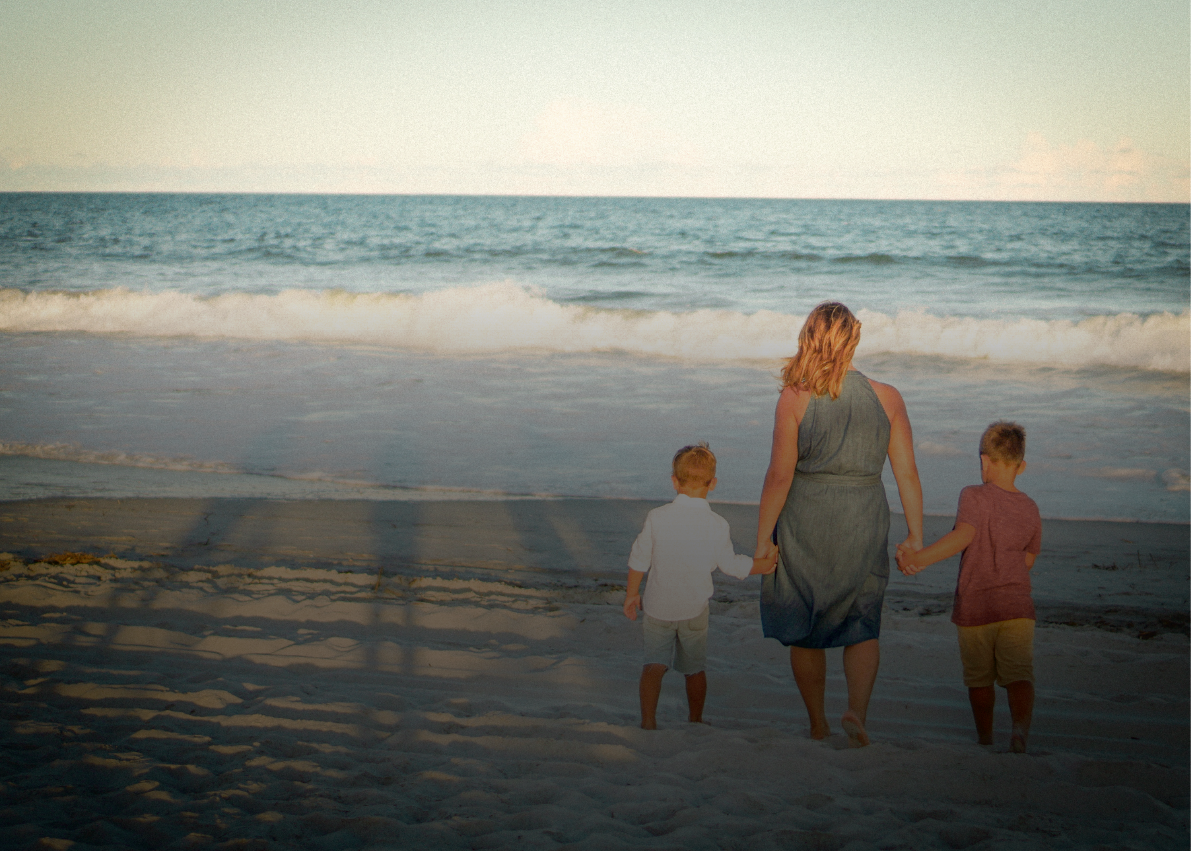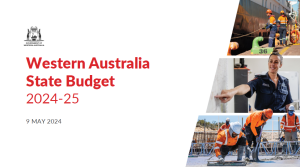WACOSS considers that reform of the child protection and family support system within Western Australia is significantly overdue, and we commend the State Government for taking action.
Legislative change is a critical component of that reform, as are government policy and budgetary decisions to direct greater investment towards prevention and early intervention.
As you are aware, in December 2016 the then Department of Child Protection and Family Support released its consultation paper for the review of the Children and Community Services Act 2004 (the Act), with submissions sought by March 2017.
In preparation of our submission to that review, WACOSS consulted closely with members of our Children’s Policy Advisory Council, Aboriginal stakeholders and service providers, and other organisations engaging and representing people with lived experience of the child protection system, families and family carers.
In that submission, we raised concern about the limited scope of reform, the gap between practices and outcomes in Western Australia and those in other jurisdictions, and the failure of the Act to meaningfully address its first three Objects, that is:
a. to promote the wellbeing of children, other individuals, families and communities; and
b. to acknowledge the primary role of parents, families and communities in safeguarding and promoting the wellbeing of children; and
c. to encourage and support parents, families and communities in carrying out that role;
At that time, and now, the majority of services and resources within Western Australia were and remain focused on the fourth Object, namely:
d. to provide for the protection and care of children in circumstances where their parents have not given, or are unlikely or unable to give, that protection and care;
Sufficient effort and resources have not been dedicated towards early intervention services that are able to encourage and support families in the care for their children. Spending on prevention and early intervention has reduced as the cost of tertiary services has grown, which inevitably means that the numbers of children in care will continue to rise.
This is particularly true of services for Aboriginal children and families, where Western Australia continues to have by far the worst outcomes for First Nations children in the world. Aboriginal children in WA are eighteen times more likely to be removed from their families by the state – double the national over-representation rate of nine times, which remains by far the highest national rate of removal.
It is crucial that we all work to ensure that children and young people are safe and secure within our community, and given the encouragement and support they need to thrive. We must take a rights- based approach that supports children in care, that respects them and guarantees their growth and development.
Child Safety
The Bill contains a number of important provisions relating to child safety. In particular, WACOSS welcomes the part implementation of recommendation 7.3 and the full implementation of recommendation 7.4 of the Final Report of the Royal Commission into Institutional Responses to Child Sexual Abuse.
These provisions amend s124B of the Act, to add minister of religion to the classes of person who have a duty to make a report to the Department of Communities if they form a reasonable belief that a child has been or is being sexually abused. They also ensure that ministers of religion are not exempted from making those reports when they form a belief on the basis of information disclosed during religious confession, of where disclosure of the minister’s belief or information on which the belief is based is otherwise contrary to the tenets of the minister’s faith or religion.
The findings of the Royal Commission make readily apparent why these provisions are necessary, with the cultures of many of the religious institutions examined in their case studies “often based in traditions and practices that acted as institution-wide barriers to reporting child sexual abuse to an external authority”.1 These provisions make clear what the requirements are for ministers of religion in those circumstances, while also removing those institutional barriers that would otherwise prevent them from reporting child sexual abuse.
The remaining groups in recommendation 7.3 that the Royal Commission stated should be included as mandatory reporters are:
- Out-of-home care workers (excluding foster and kinship/relative carers);
- Youth justice workers;
- Early childhood workers; and
- Registered psychologists and school
We note Minister McGurk’s statement in the Second Reading Speech that consultation regarding the additional groups will occur in 2020, which we trust will lead to their inclusion as mandatory reporters as soon as is possible.
Principles in sections 9 and 10
WACOSS strongly welcomes the introduction of the two new principles to section 9 of the Act. These are:
- The principle that every child should be treated as a valued member of society in a manner that respects the child’s dignity and privacy; and
- A principle that, as far as practicable, the services of interpreters or other appropriate persons are to be made available to assist people who: have difficulty understanding or communicating in English; or those whose disability prevents or restricts their understanding of, or participation in, a decision-making or other process or the person’s expression of wishes or views.
These new principles, in conjunction with the amendments to other principles in that section and to the strengthening of the principle of child participation in section 10, embed respect for children as members of our society and as decision-makers about their lives into the legislation. This is a crucial step forward for legislation in WA, in respecting and demonstrating a commitment to the rights of the child.
Cooperation and assistance
WACOSS also welcomes the amendments in Clause 14 to section 22 of the Act. These provisions work to ensure that children who are or have been in the CEO’s care and who qualify for assistance are provided with the government services they need until they turn 25.
Young people leaving care can face significant challenges if not provided with the necessary support. These amendments should provide an improved framework through which young people can be supported as they transition out of care and commence their journey into adulthood.
Aboriginal Family-Led Decision Making
WACOSS appreciates the State Government’s intent with this Bill to better ensure Aboriginal children are able to develop and maintain connection with culture and country, and to live within or close to their community. To support this, the Bill requires close consultation with an Aboriginal representative organisation approved by the CEO, before making a placement for an Aboriginal child.
While these new provisions represent an improvement of sorts on the existing provisions, WACOSS does not consider them to correspond to best practice in other jurisdictions, or the expectations of Aboriginal families and communities to have a greater role in keeping their children safe in community.
In order to do that, Aboriginal family-led decision making must be embedded into the legislation. Examples of what this would look like can be readily found in the corresponding Acts in other Australian jurisdictions. Victoria and Queensland, in particular, contain relevant provisions that could be adapted for a Western Australian context.
Section 12(1)(b) of the Victorian Child, Youth and Families Act 2005 states:
a decision in relation to the placement of an Aboriginal child or other significant decision in relation to an Aboriginal child, should involve a meeting convened by an Aboriginal convener who has been approved by an Aboriginal agency or by an Aboriginal organisation approved by the Secretary and, wherever possible, attended by—
-
the child; and
-
the child’s parent; and
-
members of the extended family of the child; and
-
other appropriate members of the Aboriginal community as determined by the child’s parent2
Section 6AA of the Queensland Child Protection Act 1999, includes the following subsections which state:
(2) When making a significant decision about an Aboriginal or Torres Strait Islander child, a relevant authority must— (a) have regard to the child placement principles in relation to the child; and (b) in consultation with the child and the child’s family, arrange for an independent Aboriginal or Torres Strait Islander entity for the child to facilitate the participation of the child and the child’s family in the decision-making process
and
(5) As far as reasonably practicable, a relevant authority must, in performing a function under this Act involving an Aboriginal or Torres Strait Islander person (whether a child or not), perform the function— (a) in a way that allows the full participation of the person and the person’s family group; and (b) in a place that is appropriate to Aboriginal tradition or Island custom.3
These clauses ensure the involvement of Aboriginal families in the decision-making process. It is of significant concern that section 81 of the amended Act before the WA Parliament will not require consultation with more than one family member. This does not meet the standard set by the examples from other jurisdictions. It also does not reflect the decisions arrived at as part of the review discussions, as outlined in the Statutory review of the Children and Community Services Act 2004.4 It states that,
Consultation with family should become a separate requirement under section 81. This reflects current practice and majority feedback, particularly from community consultations. Linking the meaning of family to the definition of relative in section 3 of the Act will also provide for consultation with a broad range of people within an Aboriginal child’s extended family and kinship network.
WACOSS also does not support the insertion of new subsection 14(3), which states that the principle of community participation does not apply to a decision for an Aboriginal or Torres Strait Islander child about a placement arrangement or cultural support plan. This subsection was not proposed by the Statutory Review and we do not consider the Explanatory Memorandum for the Bill to provide sufficient reason as to why the principle of community participation should not apply to placement arrangements.
Further, WACOSS considers that the amendment of section 14 should more closely reflect the wording as provided in Recommendation 14 of the Statutory Review. The Review states that,
Section 14 should be amended to provide that in performing a function under the Act, a person, court or tribunal must observe the principle that an Aboriginal child’s family, community or representative organisation is entitled to should be given opportunities and, where appropriate, assistance to participate in decision-making processes under the Act that are likely to have a significant impact on the life of a child. In observing this principle the views of the child and the child’s parent or parents must be considered.
This rightly shifts the phrase “where appropriate” from before “opportunities” to after it and before “assistance.” This shift serves to strengthen the provision and to better support the principle of community participation.
Further reform
Future reforms to the child protection and family support system must include having access to an independent advocate, as recommended by the Royal Commission into Institutional Responses to Child Sexual Abuse. Our child protection system needs to be monitored by a single independent oversight body that ensures the safety of children and young people, gives them a voice, hears their grievances, and advocates on their behalf by providing a child and youth focused complaints handling process.
Another issue that needs to be the focus of future reform is extending the age of young people leaving the care system from 18 to 21 years. Research suggests the leaving care transition needs to be flexible, gradual and well planned. This includes individual transition planning based on the young person’s needs, flexible post-care options and ongoing emotional and financial support until young people reach 25 years of age.5
In September 2018, the Victorian Government became the first Australian jurisdiction to commit to extending the age of leaving care to 21 years, committing $11.6 million over five years.6 A cost- benefit analysis by Deloitte Access has shown that if Western Australia did the same, for every dollar invested in an extended care program in WA, a $2.17 return would be delivered in either savings or increased income.7 Transitional support will lead to other savings in the system, including reductions in homelessness, hospitalisation and contact with the justice system.
In March 2019, the McGowan Government announced a partnership between the Department of Communities and Anglicare WA to implement a targeted trial that provided enhanced support for care leavers between the ages of 18 and 21 who may be at risk of homelessness or unemployment.
1 Royal Commission into Institutional Responses to Child Sexual Abuse (2017) ‘Improving institutional responding and reporting’, Final Report, Vol 7
2 Child, Youth and Families Act 2005 (Vic)
3 Child Protection Act 1999 (Qld)
4 Department of Communities (2017) Statutory Review of the Children and Community Services Act 2004
5 Supporting Young People Leaving Out of Home Care. CFCA Paper No. 41 October 2016 6 Hon Jenny Mikakos MP (2018) ‘Helping Vulnerable Young People on the Home Stretch’ www.premier.vic.gov.au/helping-vulnerable-young-people-on-the-home-stretch
7 Deloitte Access Economics (2016) Raising our Children: Guiding our Young Victorians in Care into Adulthood, Anglicare Victoria




